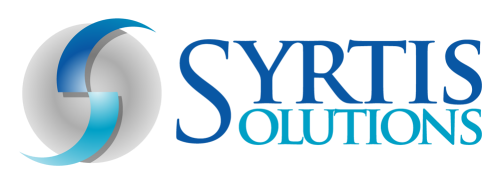
30 May STATES ADDRESS RISING MEDICAID COSTS THROUGH REFORM AND TECH
State governments are facing a fiscal reality they can no longer ignore: Medicaid is rapidly becoming one of their largest—and least controllable—budget items. With enrollment at record highs following years of Medicaid expansion and pandemic-era protections, the cost of maintaining the program is now consuming close to a third of many state budgets. To make matters worse, there is the possibility of significant budget cuts on the horizon.
What’s clear: unless changes are made, the program’s growth trajectory is unsustainable. Leaders across the country are responding with a mix of legislative reform and modern technology to reduce waste and improve oversight.
THE IMPROPER PAYMENT CRISIS
One of the biggest budget drains within Medicaid isn’t the volume of care—it’s how often the system pays incorrectly. In FY 2023, the Centers for Medicare & Medicaid Services (CMS) reported more than $50 billion in improper Medicaid payments. Most of these were due to inadequate verification of eligibility and missing documentation, not fraud, but systemic failure.
Since 2013, improper Medicaid payments have exceeded $543 billion. These dollars represent real opportunity cost—funds that could have gone toward legitimate care, infrastructure, or essential services.
STATES PUSH BACK WITH TARGETED POLICY CHANGES
To curb this financial hemorrhage, states are adopting policies to strengthen program integrity and close eligibility loopholes:
- Indiana passed legislation requiring routine cross-checking of Medicaid applications against employment and tax data. The law ends self-attestation and enforces regular reporting on fraud recoveries.
- Texas is investing in automated verification using IRS and third-party data, making eligibility processes faster and more accurate.
- Florida and Missouri now require more frequent eligibility redeterminations and have tightened regulations for managed care providers.
- Arkansas and Georgia have introduced stricter income and employment checks to prevent prolonged enrollment of ineligible individuals.
These changes are a direct response to the realization that outdated policies and paper-based systems have made Medicaid vulnerable to error and inefficiency.
TECHNOLOGY: THE CRITICAL COMPONENT OF MODERN MEDICAID MANAGEMENT
However, policy alone isn’t enough. States need smart infrastructure that can operationalize these reforms at scale. That’s where solutions like ProTPL from Syrtis Solutions come in.
ProTPL is a real-time third-party liability (TPL) detection platform that helps ensure Medicaid pays only when it’s legally obligated to. It enables Medicaid plans to:
- Identify active commercial coverage before claims are paid.
- Prevent improper payments at the source rather than recovering them later.
- Streamline operations with accurate eligibility validation.
- Maintain compliance with federal COB and cost avoidance mandates.
This technology allows states to move from reactive damage control to proactive payment prevention, transforming Medicaid from a system of guesswork to one of precision.
WHAT’S NEXT: A BALANCED APPROACH TO PROGRAM SUSTAINABILITY
As states face tough fiscal choices, the path forward is becoming clear: the combination of legislative reform and advanced technology offers the best chance to rein in Medicaid spending without cutting access to care.
By investing in tools that prevent waste, support real-time decision-making, and reduce administrative costs, states can protect the program’s future and restore public trust in its effectiveness.
Medicaid can remain strong—but only if states modernize how it’s managed. Those who act now, with urgency and strategy, will lead the way in building a Medicaid system that is sustainable, efficient, and better equipped to serve the people who rely on it.
